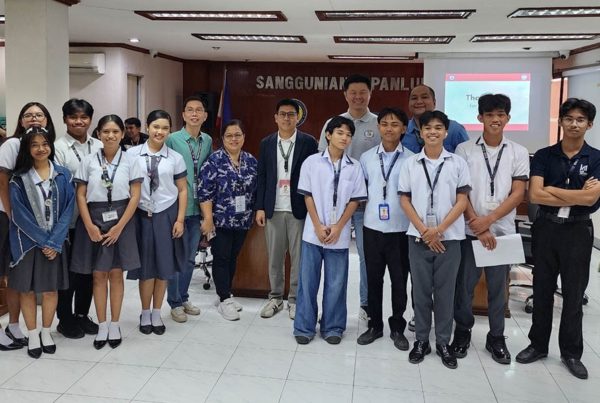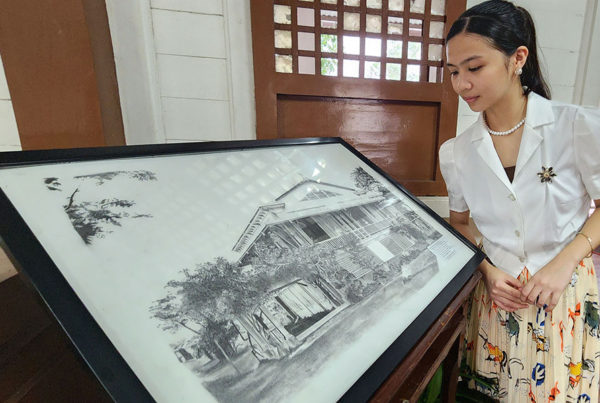
FREEDOM OR FOOD – Food for thought on Independence

By Rex Catubig
TO paraphrase a writer’s words, “Why did our leaders aspire for freedom that people dream about, rather than provide them with food they cannot live without?
In retrospect and context of the colonial past, with the discrimination and abuses dramatically depicted in two epochal novels, our leaders might have done right and with hindsight, the patriotic brick road to independence was paved with the noblest intentions.
But between the heroic dream and the ignoble aftermath, the leaders got fitted with blinders and failed to see the panoramic unfolding of history.
The proud aristocratic President Manuel Quezon, who bravely claimed he “would rather have the country run like hell by Filipinos” must be rolling in his grave. He should have heeded the adage: “Beware what you wish for”. He got what he bargained for—but at what price.
The defeat of the Spaniards by the Americans in the Spanish-American war paved the way for the Treaty of Paris in 1898, ending the Spaniards’ 300-year rule over the islands. It passed on the islands’ sovereignty from Spain to the US.
With this development and arch rival Andres Bonifacio of the Katipunan out of the way, an emboldened General Emilio Aguinaldo proclaimed the Acta de la proclamacion de la independencia del Pueblo Filipino in the balcony of his Cavite house. The nationalist leaders had not recognized the sovereignty of the Americans, while the Americans were impervious to the Filipino leaders’ claim and clamor for independence. It was a volatile situation. Subsequently, the Filipino-American war ensued.
It would be a long brutal battle, with Gen Antonio Luna, considered the greatest Filipino soldier, being murdered in the accompanying drama of jealousy and betrayal.
Gen Arthur MacArthur was instrumental in quelling the Filipino rebellion. He had Aguinaldo captured, and made him swear allegiance to the American colony and urged to use his influence to end the conflict. In an ironic twist, the son, Douglas MacArthur upheld the freedom of the Filipinos during WW2.
All was not lost in the bid for freedom, however, as the US government through the Tydings-McDuffie Act in 1934 provided for a 10-year transitional period of Commonwealth government that would lead on the road to independence.
But the Japanese invasion happened, and it was war all over again.
When rubbles finally cleared, the Philippines finally reached the climax of the bid for independence that, across dreams and generations, it had fought hard for.
But was it all worth it? Was the fire of nationalism enough to sustain the patriotic fervor? Would we have been better off as a US territory? Like Guam or Puerto Rico? After all, the US bought the Philippines under the Treaty of Paris for $20 million.
Sadly, our history chronicles rapid descent to ignominy rather than steady ascent to progress. Wasn’t it not too long ago when the country was considered a Tiger of Asia? Now it has become a poster country for corruption.
And where has the freedom from colonizers really ceased? The mad rush to work in other countries is a blatant repudiation of the basic right to security ensconced in the constitution and an indictment of the failure of the country’s leaders to give flesh and bones to the concept of independence.
It is pathetic that the country boasts OFW’s who in fact are a slap on its face. Quite shamelessly, they have become the country’s main export, and the government idolizes them for doing what it has failed to deliver–which is freedom from want.
As things stand, we remain chained to a patriotic dream that does not hold up to reality. All the hosannas over independence and cultural integrity are all gobbledygook–an embarrassment of confused pride and idealism.
Shall it be freedom or food?
Having become paupers, we cannot be choosers.
But beware, the growling stomach can trigger a grumbling heart and mind.
When that happens, it’s going to be a war for independence all over again.










